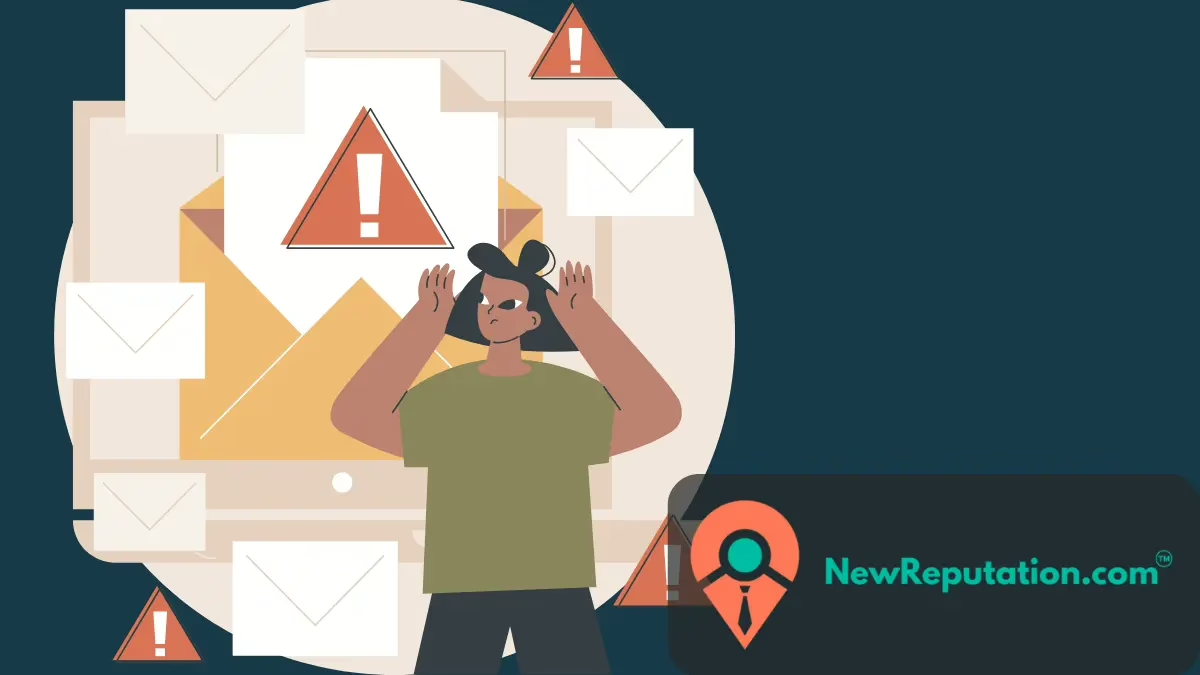The “March 2024 Spam Update” is an important change in how Google views and treats search results, announced by Google in March 2024. In addition, Google has created a new way to give preference to good content (and thus a new ranking factor), since 2022 Google has been working to make sure the search results show content for people written by people. Therefore, Google will suppress all types of unhelpful and copied content with the “March 2024 Spam Update”.
Elizabeth Tucker, a top executive at Google, explained, “We want to reduce the visibility of bad content in the search engine results page, and increase the visibility of good content on the web. We believe that this change, combined with our previous efforts, will eliminate 40 percent of unwanted content in search engine results pages.” This is another example of Google’s continuous effort to create better search results for users by showing them quality and unique content.
New Spam Rules
Google is increasing its restrictions on spam, particularly focusing on the low-quality content used by spammers in order to get high-quality search rankings. To avoid the spam, Google uses something called SpamBrain, a spam-detecting system. In addition, Google is doing additional things to stop what they call “low-quality content”.
Even though Google’s algorithm was previously designed to keep low-quality content out of the highest ranked search results, Google is taking further steps to address the ways that some Search Engine Optimizers (SEO’s) have figured out ways to manipulate search results.
Some examples of those methods include:
Automated generation of large amounts of low-quality content; and
Purchasing old “trusted” domains, where Google believes the product being promoted (for example Payday Loans, Casino-related products etc.) would otherwise be undesirable.
Google stated that content that manipulates a site’s reputation to achieve high rankings for non-helpful content will also be penalized. For example, a Payday Loan Company publishing on a reputable educational website to get a high search result will be penalized. This is nothing new, as Google has long battled spam.
Domain Abuse
Domain abuse is when someone purchases a recently expired domain to utilize the domain’s established SEO value for their own benefit. This method of abuse can include the repurposing of domains with historical authority and backlinks in order to artificially inflate the ranking of unrelated content. Both users and search engines may be misled by this abuse.
Content abuse on a larger scale is when a large amount of content is produced, typically generated automatically, and lacking in depth, originality and relevance. Content that is abused in this manner is often believed to be attempting to “game” the system and manipulate search rankings instead of providing legitimate value to users.
Regardless of whether it is a domain or a piece of content, building and maintaining a domain’s or site’s reputation is a quality-based process that requires a commitment to quality throughout all areas of the site or domain. The curation of content, the strategic use of backlinks and many other processes that occur within a website are all designed to add value and enhance the overall user experience of the site.
Site Reputation and Ranking Factors
Google’s March 2024 core algorithm update focuses on reducing misinformation published on trusted sources, commonly referred to as “site reputation manipulation”, or “Parasite SEO”.
As part of the emphasis on the E-E-A-T (Experience, Expertise, Authoritativeness, and Trustworthiness) framework, the March 2024 update emphasizes the importance of credibility and reliability of content available online.
Experience relates to the hands-on knowledge or skills that a content creator or brand brings to a subject area.
Expertise refers to the degree of formal or self-taught mastery that a content creator or brand has developed in relation to a particular subject area, demonstrating that the content provided is accurate and informative.
Authoritativeness reflects the recognition by peers and readers that the creator or site is a trusted resource for reliable information.
Trustworthiness highlights the integrity and quality of the content itself and the site as a whole, establishing a foundation of trust with the target audience.
Takeaways for Preparing for the Changes
To prepare for the challenges associated with Google’s March 2024 core algorithm update, businesses should:
Conduct an audit of their website to remove any unhelpful or spammy content.
Create high-quality E-E-A-T compliant content that meets the needs of real users. (Quantity > Quality).
Optimize their technical SEO elements (e.g., mobile-friendliness, site speed).
Avoid engaging in deceptive practices to artificially inflate search rankings.
Are Backlinks Relevant Today?
Yes, but less so. The March 2024 update lowered the priority of links in the ranking factors.
Spam update from Google is focused on penalizing content created for manipulated links, including low-quality content posted on PBNs (Public Blog Networks) and sites created specifically to sell backlinks.
Conclusion
The March 2024 Spam update from Google is a big deal in the world of SEO. If you see a decline in your rankings, you need to focus on quality content, user experience and ethical SEO practices. The March 2024 Spam update creates a number of opportunities for business to establish themselves online through quality content, user experiences and ethically sound SEO practices.
The NewReputation Help Center discusses brand reputation, online PR, search engine marketing, content marketing, and much more.

